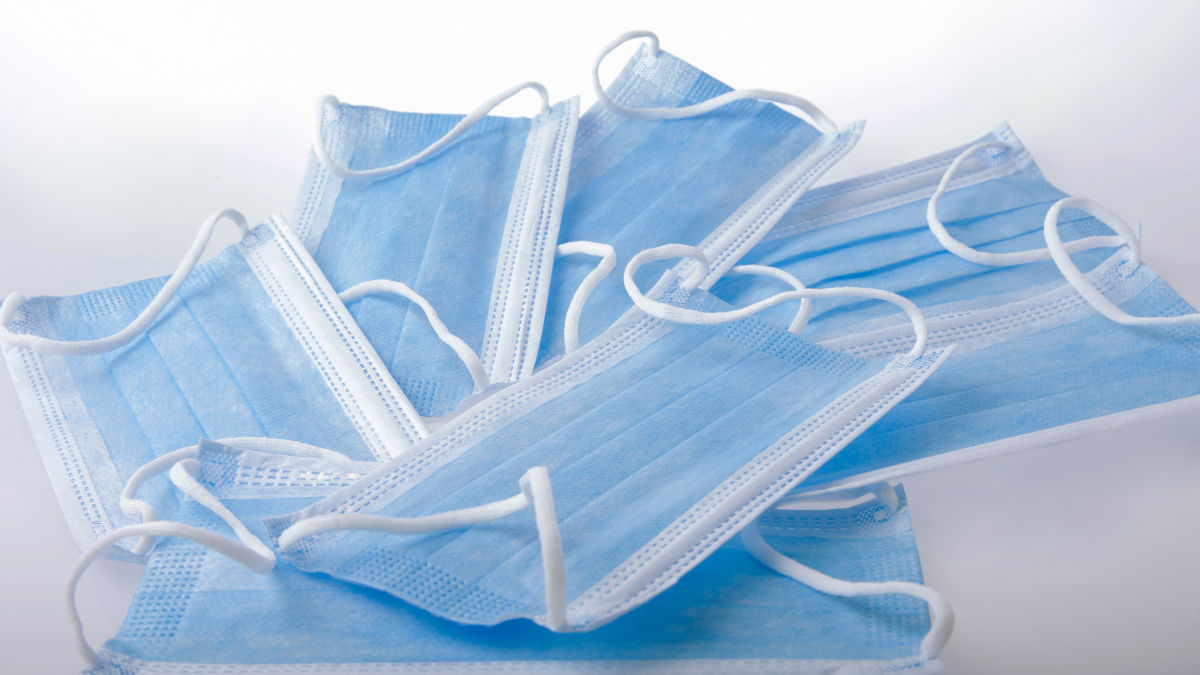Please STOP Buying Coronavirus Masks

When there is an outbreak of a disease, there are important things that uninfected people need to know and do, like washing your hands regularly for instance. There are also things not to do because they have little to no effect or can interfere with proper care for people who need them. For most people, face masks fall into the second category.
Surgical-style face masks can slightly reduce the risk of transmitting respiratory infections. When you breathe in, the mask helps to filter air and particles large enough that cannot get through. Surgical masks aren’t designed to block very small particles like a virus. They aren’t tight-fitting so air can easily get in between the mask and your skin, so you’re still breathing some amount of unfiltered air. Therefore, they have limited usefulness in protecting you from the coronavirus. Surgical masks do provide a little bit of protection against droplets of bodily fluids, however.
The proper use of a surgical mask is not to protect yourself from other people, but to protect other people from your germs. When you cough or sneeze, all those droplets will end up on the inside of your mask. Which reduces the spread of droplets that people around you are exposed to. That’s why surgeons wear masks during surgery or dentists wear masks during dental procedures. You wouldn’t want somebody breathing into your open wounds or mouth, even if they’re relatively healthy. Now when people are running out to buy these surgical masks, they create a shortage for doctors that actually need them. There are only so many face masks manufactured every year, and a lot of them are actually made in China. So they aren’t being exported. The World Health Organization states that the demand for surgical masks is up 100-fold for masks and related supplies, and prices are now up to 20 times higher than usual. The WHO is working to get supplies to the places that need them most, but stockpiles are already low.
Respirator masks are a bit more effective than surgical masks, but unless you’re in a hospital or in a high-risk area it’s overkill. The CDC has this handy chart on the difference between surgical masks and respirators, but the CDC doesn’t actually recommend either one for everyday protection from other people’s germs. The CDC recommends other measures, like washing your hands often and avoiding unnecessary travel to China.
So please, stop buying masks you don’t need. It is just making life harder for doctors, and for people with medical needs like your neighbor with asthma and a dust allergy who wears a respirator when she cleans her house. If you do have a medical reason for wearing masks, do what you need to do to stay safe. Remember, you far more likely to contract a cold or the flu than coronavirus.
